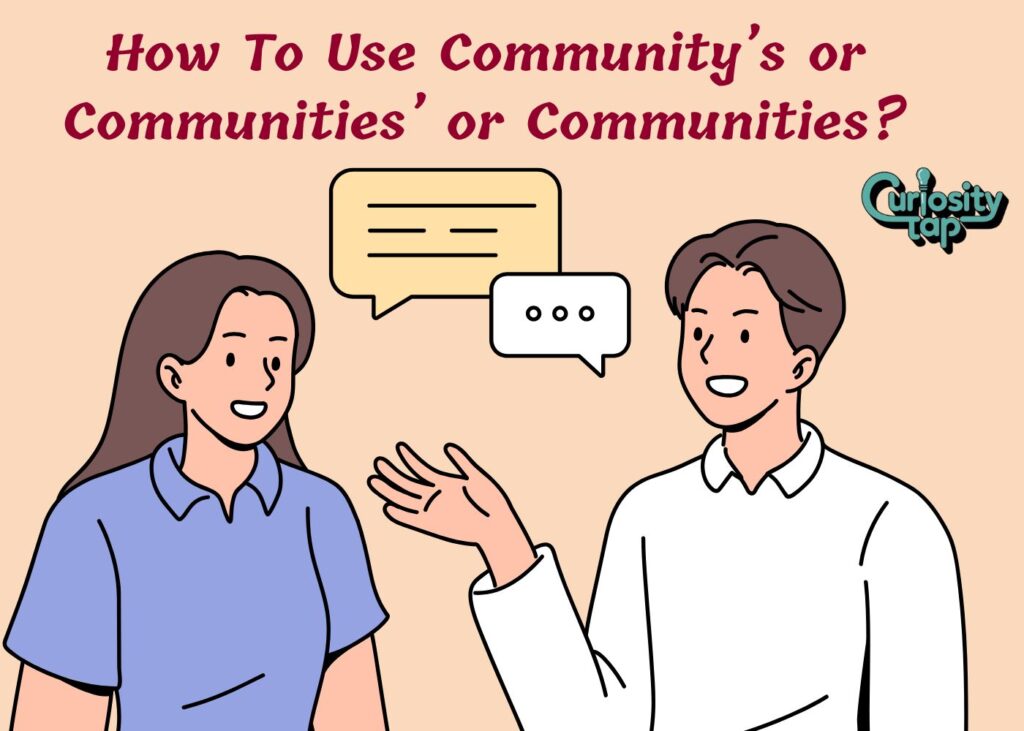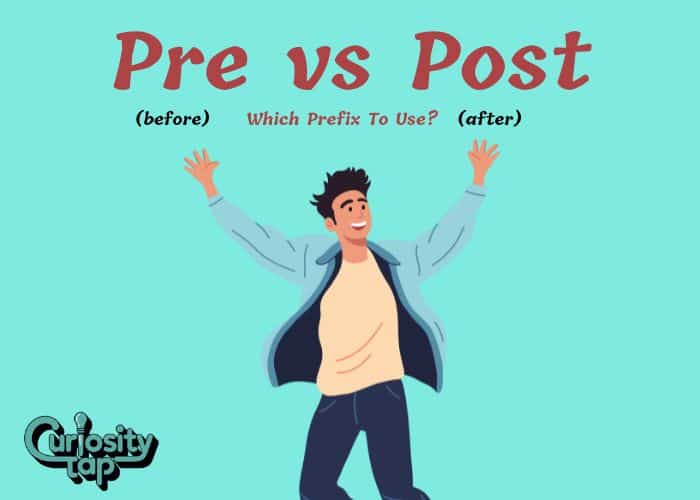Have you ever paused mid-sentence, staring at a word like community’s or communities’, unsure if you’re using it correctly?
You’re not alone. Whether you’re a student writing an essay, a professional sending an email, or just someone who cares about clear, confident communication, using the right form matters.
One tiny apostrophe can completely change the meaning of your sentence and even the impression you leave.
Let’s break down these easily confused forms of “community” once and for all. By the end of this guide, you’ll feel empowered to use the right word every time without hesitation.
🧠 The Meaning of Community, Community’s, Communities, and Communities’
To master these variations, we need to understand what each one actually means.
| Form | Type | Meaning |
|---|---|---|
| Community | Singular noun | A group of people living in the same place or sharing common interests. |
| Community’s | Singular possessive | Something that belongs to one community. |
| Communities | Plural noun | More than one community. |
| Communities’ | Plural possessive | Something that belongs to multiple communities. |
Think of this as your grammar GPS. You’ll know where you’re headed every time you write.
✍️ Why These Forms Are So Often Confused
People often confuse these forms because:
- They sound similar when spoken.
- Apostrophes in possessive forms aren’t always intuitive.
- Plurals vs. possessives are commonly mixed up in writing, especially in fast-paced communication.
A missed or misplaced apostrophe can lead to confusion or worse, make your writing look careless.
🧾 When to Use Community’s (Singular Possessive)
Use community’s when you’re referring to something that belongs to one community.
🔹 Real-Life Examples:
- The community’s efforts to clean the beach were commendable.
- We attended the community’s annual cultural festival.
- Lila admired the community’s sense of unity and support.
In each case, you’re talking about one group and what it possesses or is responsible for.
👥 When to Use Communities (Plural)
Use communities when you’re talking about more than one community no ownership involved.
🔹 Real-Life Examples:
- Urban and rural communities face different healthcare challenges.
- Online communities have become hubs for mental health support.
- Governments must address the needs of all communities equally.
This is the simple plural noun form no apostrophe needed.
👥’ When to Use Communities’ (Plural Possessive)
Use communities’ when you are referring to things that belong to multiple communities.
🔹 Real-Life Examples:
- The communities’ leaders met to discuss shared concerns.
- We must respect different communities’ traditions and customs.
- The program aims to improve several communities’ access to clean water.
This form shows shared ownership across multiple groups.
🎯 Practical Tips to Get It Right Every Time
If apostrophes still trip you up, here are memory tricks and strategies that help:
🧠 Quick Grammar Tips:
- One community, owning something? Use community’s.
- Multiple communities, no ownership? Use communities.
- Multiple communities, owning something? Use communities’.
📝 Ask Yourself These Questions:
- Am I talking about one or more than one community?
- Does something belong to the community (or communities)?
- If yes, is it singular or plural ownership?
These simple checks will guide you to the correct form every time.
❌ Common Grammar Mistakes (And How to Avoid Them)
Let’s clear up the most frequent mistakes related to these terms:
🚫 Mistake 1: Using community’s instead of communities
- Wrong: Several community’s gathered for the event.
- Right: Several communities gathered for the event.
🚫 Mistake 2: Forgetting the apostrophe in a possessive
- Wrong: The community festival showed many communities pride.
- Right: The festival showed many communities’ pride.
🚫 Mistake 3: Misplacing the apostrophe
- Wrong: The communitys’ voices were heard.
- Right: The communities’ voices were heard.
Avoid these by slowing down and checking the sentence’s meaning before writing.
🌍 Real-World Uses in Different Contexts
Understanding usage is easier when you see it in action across different domains:
📚 Academic Writing:
- The community’s contribution to research is widely recognized.
🧑⚕️ Health & Wellness:
- Health workers must understand the communities’ unique medical histories.
🌐 Social Media Content:
- Online communities are forming around sustainable living.
🏫 Education Systems:
- Diverse communities enrich the student learning experience.
📰 Journalism:
- Coverage must reflect the communities’ perspectives and voices.
Wherever clear written communication is important, grammar accuracy boosts credibility and trust.
🔄 Bonus Tip: Apostrophes = Ownership
Whenever you’re in doubt, remember this golden rule:
Apostrophes always signal possession never use them just to make a word plural.
Think of the apostrophe as a tiny flag waving to say, “Hey! This thing belongs to someone!”
✔️ Expert Advice: Do This, Avoid That
✅ Do:
- Check if your sentence implies ownership before using an apostrophe.
- Re-read sentences aloud to hear what feels natural.
- Practice by replacing the word “community” with names (like “Liam’s” or “Sophie’s”) to test possessive form.
❌ Don’t:
- Add apostrophes to make words plural.
- Use possessive forms if you’re just listing multiple communities.
- Assume all plural forms need an apostrophe most don’t!
❓FAQs
What is the plural of “community”?
The plural of “community” is communities no apostrophe needed unless you’re indicating possession.
How do you use “community’s” in a sentence?
Use community’s to show something that belongs to one community:
The community’s spirit helped rebuild the neighborhood.
What’s the difference between communities and communities’?
Communities refers to multiple groups.
Communities’ shows possession by more than one group.
Can you give an example of communities’?
Sure! The communities’ joint decision led to shared resources for disaster relief.
🧩 Wrapping It All Together
Now you know exactly when to use community’s, communities, and communities’ and why it matters.
Getting these right isn’t just about grammar precision it’s about expressing yourself clearly, professionally, and with confidence.
In a world full of quick posts, professional reports, and thoughtful messages, your ability to write with clarity sets you apart.
Let your words show your intent not your confusion.
Read more knowledgeable blogs on Curiosity Tap
Is this article helpful?

Jackson Pearson is a passionate educator and language enthusiast behind the blog Jackson Pearson. With years of experience in teaching and writing, he specializes in simplifying complex grammar rules, breaking down tricky vocabulary, and crafting learning guides that are both engaging and practical. His mission is to help readers boost their English skills whether they’re beginners or brushing up for fluency. Through every article, Jackson brings clarity, structure, and a spark of curiosity to the world of English learning.



